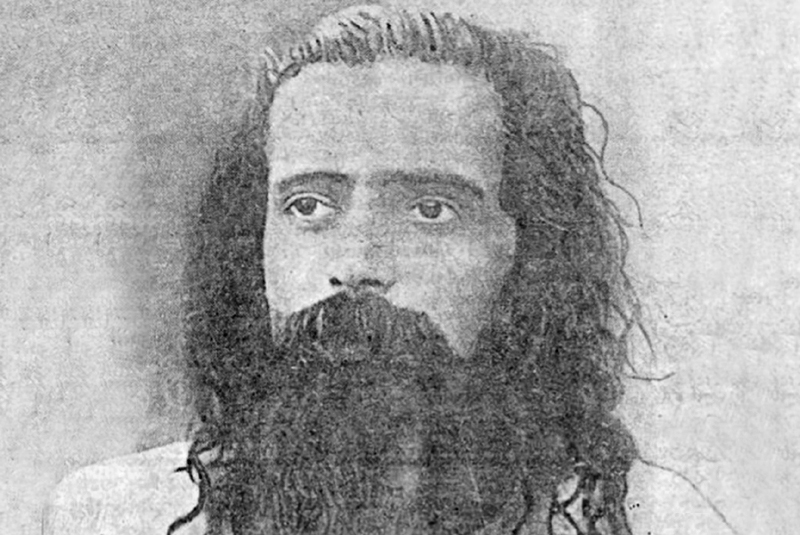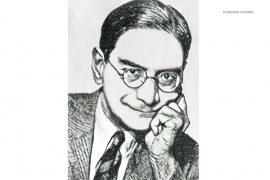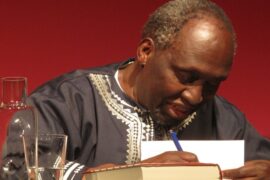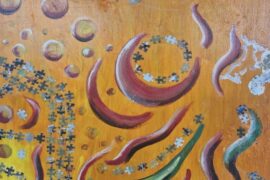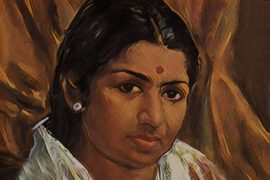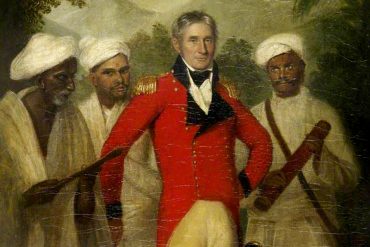During the struggle for India’s independence, while the majority of Hindus, Muslims and people of all religions followed Mahatma Gandhi’s path of secular democratic nationalism, there were few whose ideology is rooted in the ‘Landlord-clergy’ alliance. They opposed the freedom movement and abetted the British policy of ‘Divide and Rule,’ which led to the partition of the country.
They believed in nationalism based on religious identity. While one such stream–Muslim nationalism’s dominant elements–went to Pakistan, the other, a Hindu nationalist stream, gradually became more powerful in India. Today, it rules the roost. The BJP, which constitutes the ruling dispensation, and other organisations floated by the Hindutva fundamentalists, propagate a sectarian ideology.
Though the ruling party, the BJP, swears by India’s Constitution–which is secular, plural and federal in structure–its politics lead the country in a direction outlined by the RSS’s agenda. This dichotomy between a secular, plural constitution and RSS agenda of Hindu nationalism does come to one’s notice time and over again.
On February 19 this year (2021), a tweet from the Ministry of culture paid respect to one of RSS’s ideologues, M.S. Golwalkar. It read:
-30-
Copyright©Madras Courier, All Rights Reserved. You may share using our article tools. Please don't cut articles from madrascourier.com and redistribute by email, post to the web, mobile phone or social media.Please send in your feed back and comments to [email protected]

